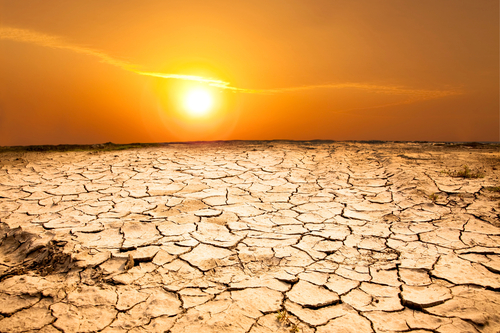
The Western United States is bracing itself for a sweltering summer as meteorologists predict a looming “heat dome,” a climatic condition indicative of the broader and inexorable march of global warming.

The last year, 2023, was the warmest on record since 1850, a disturbing milestone that underscores the urgent need for concerted action on climate change.

The crescendo of climate impacts, from the imperiled ecosystems to increasingly intense and frequent weather extremes, is ringing alarm bells across every corner of the globe.

Climate change impacts our health, environment, and economy. Heatwaves, for instance, are intensifying in frequency, intensity, and duration, posing severe health risks, particularly to vulnerable groups like young children and the elderly.

These soaring temperatures also go hand in hand with a higher risk of wildfires, an ordeal with which California is all too familiar.

As the climate continues on this trajectory, the American coasts face a rising sea-level threat, with the Atlantic, Pacific, and the Gulf coasts all forecasted to experience substantial elevation by 2100.

This change, however, is not confined to distant shores. Entire ecosystems and communities are grappling with the ramifications of our warmer world.

From the shifting geographic ranges of plant and animal species to the erratic and sometimes devastating changes in precipitation patterns, the effects of climate change are as diverse as they are widespread.
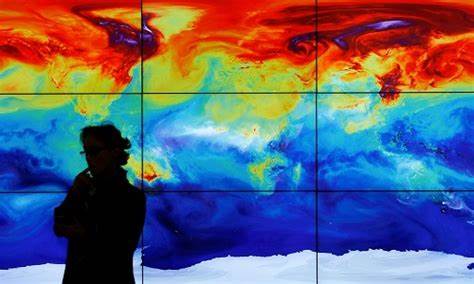
The Intergovernmental Panel on Climate Change (IPCC) has been unequivocal about the profound and lasting impacts of human-induced climate change, warning that any further delay in global action would forfeit the narrow window to secure a livable future.
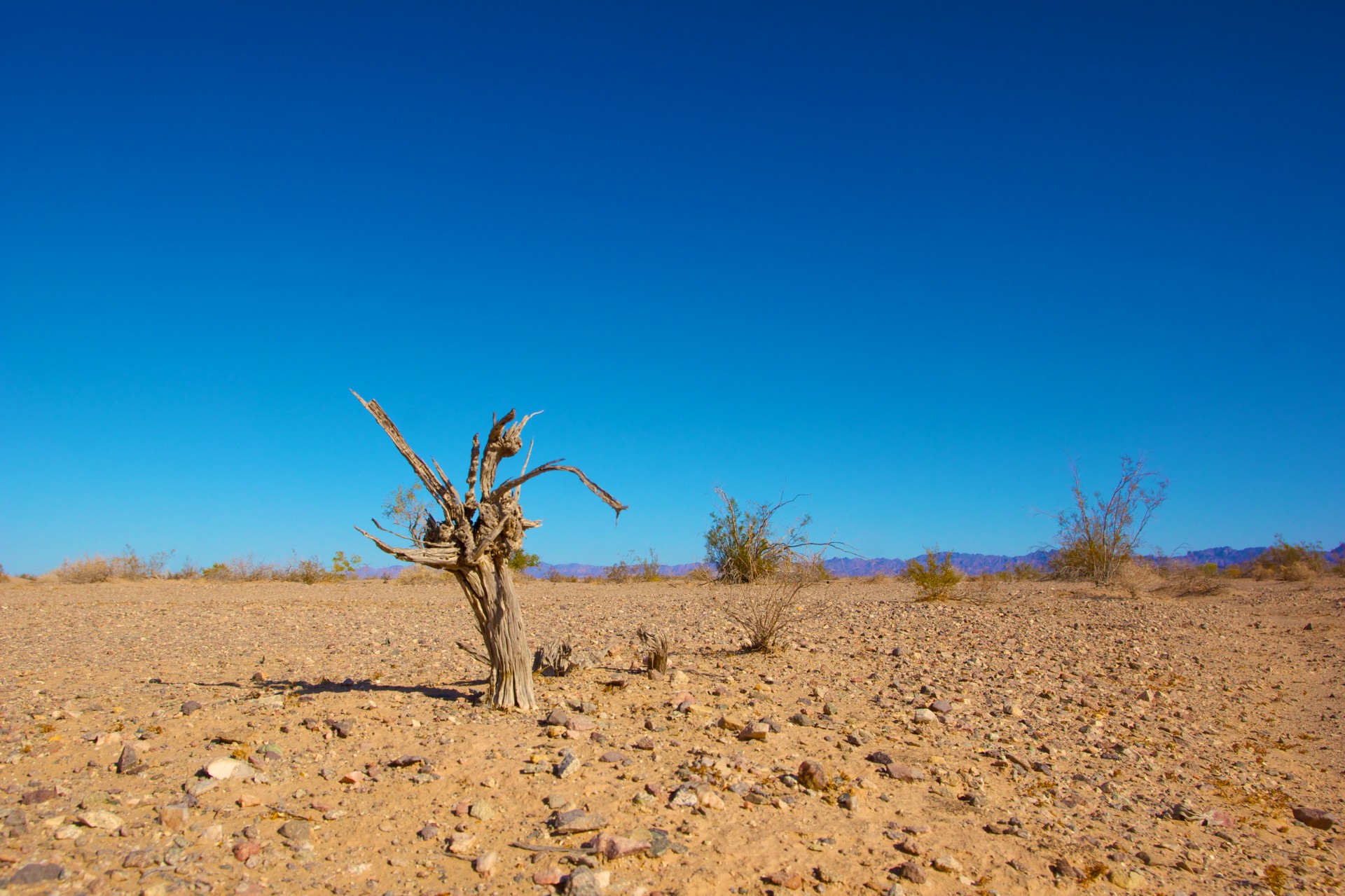
According to the United States Environmental Protection Agency, the planet has already warmed by approximately 1.8°F from 1901 to 2016, and these seemingly small increments translate into massive shifts in climate and weather.

Crucially, these changes are not merely environmental. They strike at the heart of societal stability, economic resilience, and public health.

For instance, the frequency and intensity of extreme weather events contribute to increased property losses, disruption to society, and the affordability of insurance taking a hit.
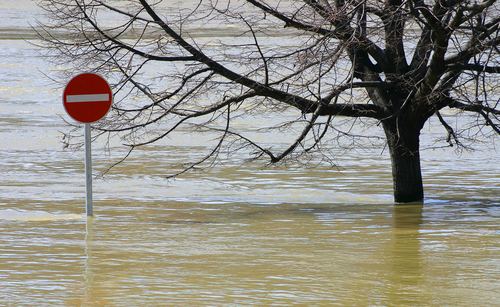
And as if to underline the matter, a national report highlights that the impacts of extreme climate events are already costing the nation an estimated $150 billion each year.

The Fifth National Climate Assessment, in sync with President Biden’s initiatives, offers a sobering yet empowering message.
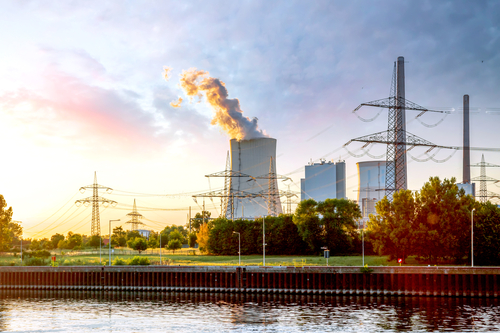
It emphasizes that actions taken now to accelerate emissions reductions and adaptation can reduce risks for current and future generations.
Relevant articles:
– Global Warming Is Upon Us, The Santa Barbara Independent
– Impacts of Climate Change, epa.gov
– NASA Science, NASA Science (.gov)
– Climate change impacts are increasing for Americans, National Oceanic and Atmospheric Administration (.gov)
